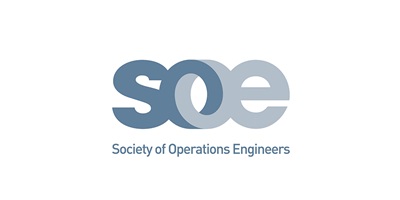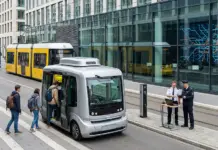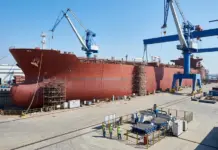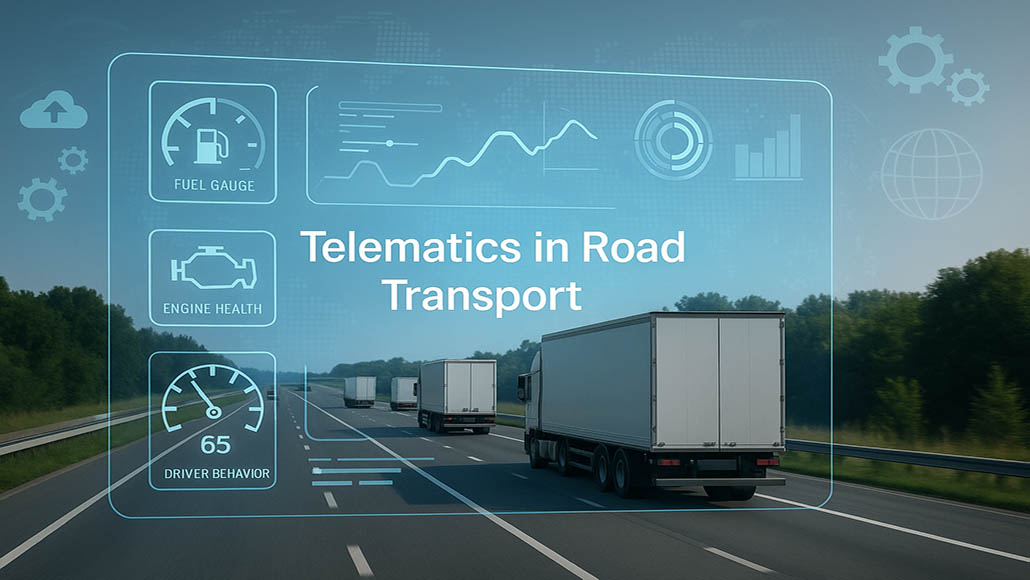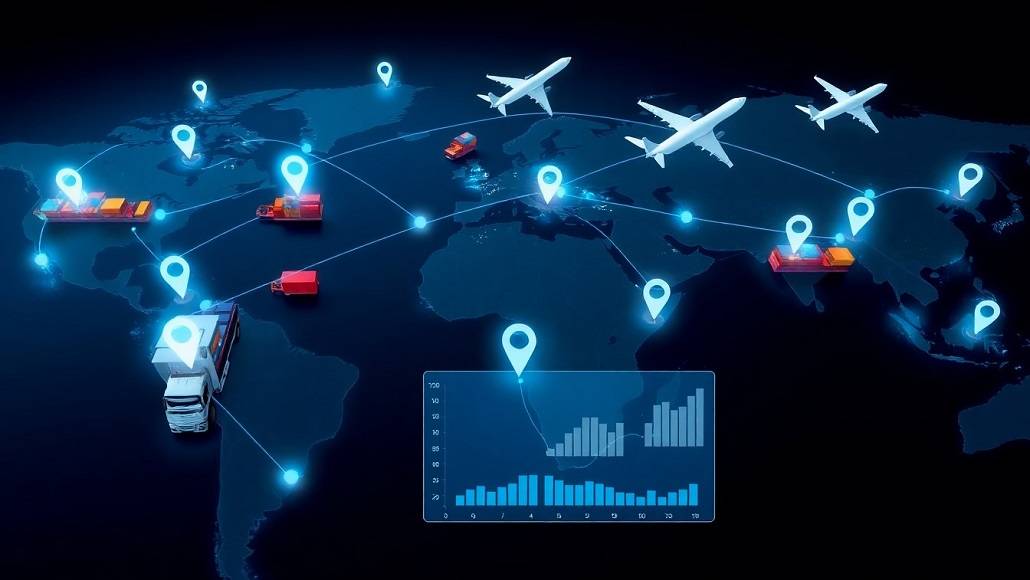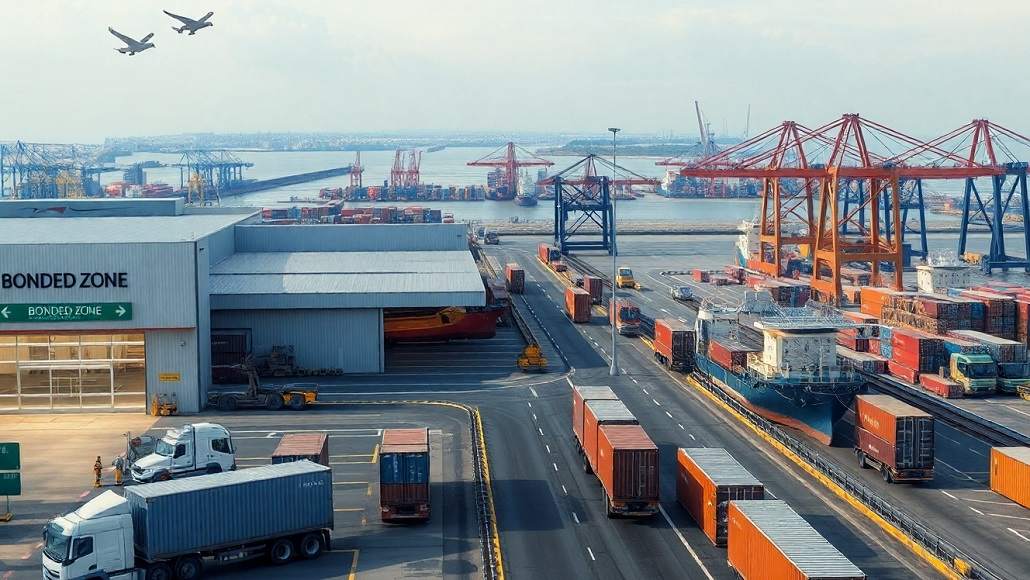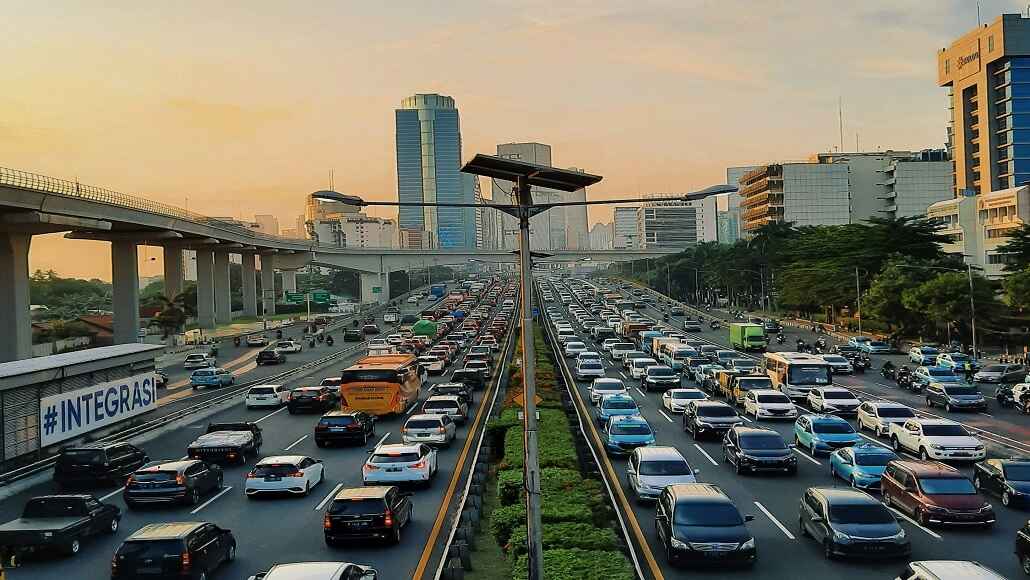A cornerstone of global innovation and infrastructure, engineering faces a range of challenges as it adapts to a rapidly changing world. From talent shortages to the need for greater inclusivity, the sector must confront several critical issues if it hopes to sustain growth and remain competitive in a technology-driven future.
Skills Shortages
One of the most pressing challenges facing the engineering sector today is the growing shortage skills shortages which have plagued the industry for the last few years. As industries evolve and demand for engineering services grows, companies are struggling to find skilled workers.
For instance, a predicted shortage of serves as a stark reminder of the sector’s vulnerability to ageing workforces and retiring professionals. Similar trends are seen in other technical fields, where roles such as advanced driver assistance systems (ADAS) certified technicians remain unfilled.
This shortfall is not just a temporary issue but a systemic problem that could cripple industries reliant on engineering expertise. The scarcity of talent is partly due to an ageing workforce, but it is also exacerbated by existing talent leaving the industry and young people not wanting to start a career in engineering.
Skills Mismatch and Future Demands
As the engineering sector looks to the future, it is clear that the skills required for success are changing. The rise of autonomous vehicles, electrification, and the global push towards net-zero emissions are reshaping the industry. However, the current workforce is not fully equipped to meet these demands. Technicians with expertise in hybrid and electric vehicle (EV) technologies are in short supply, and there is a significant skills mismatch that is only becoming more pronounced as digital technologies such as artificial intelligence (AI) and machine learning gain traction.
This skills gap is further complicated due to training programs not keeping up with the required knowledge and not adapting to these new demands. le strong in foundational skills, traditional engineering education sometimes falls short when it comes to preparing students for emerging technologies. The pace of technological change is outstripping the ability of educational institutions to keep up, leaving many companies with a workforce that is not future-proof.
Lack of Diversity and Inclusion
Diversity and inclusion are long-standing challenges in the engineering sector, and progress has been slow. Women, for example, make up only 15.7% of the engineering and technology workforce, despite constituting more than half of the overall workforce in other sectors. This significant underrepresentation is symptomatic of broader issues within the industry, where a lack of inclusivity has created barriers to entry for women and underrepresented minorities.
The consequences of this lack of diversity are far-reaching. A more diverse workforce brings a wider range of perspectives and problem-solving approaches, which is crucial for innovation. Yet, despite this well-documented benefit, the sector continues to struggle with creating environments that are welcoming to all. The challenge lies not only in attracting diverse talent but also in retaining it, ensuring that everyone has equal opportunities for advancement.
Barriers to Training and Apprenticeships
Training and apprenticeship programs are crucial for developing the next generation of engineers, but they are often hampered by a range of barriers. In many cases, these programs fail to provide adequate career guidance and support, leaving apprentices feeling lost and unsupported. Moreover, rigid academic requirements—such as mandatory subjects like math and English—are causing many to drop out before completing their training.
This issue is compounded by low levels of funding for training programs, which limits the opportunities available for apprentices to gain hands-on experience. Without sufficient financial support, both businesses and educational institutions struggle to offer the kinds of comprehensive training programs that are necessary to prepare workers for the demands of the modern engineering landscape.
Retention of Talent
Attracting talent is only half the battle. Once skilled professionals enter the engineering sector, retaining them can be just as challenging. A significant number of workers leave their roles within the first few years, often citing poor onboarding experiences and a lack of career progression opportunities as their primary reasons for moving on.
Retention is further hindered by a lack of recognition and support within many organisations. Engineers often feel that their contributions go unnoticed, which can lead to dissatisfaction and ultimately result in higher turnover rates. To lower turnover rates companies, need to create work environments that foster growth and provide continuous feedback, as well as aligning their missions with larger societal goals such as sustainability and innovation. These elements are crucial for keeping talent engaged and committed to their roles.
Financial Accessibility and the Cost of Living
The cost-of-living crisis is another critical issue that disproportionately affects younger and disadvantaged workers in the engineering sector. Many potential candidates are turning down job opportunities simply because they cannot afford the associated costs, such as housing, transportation, and other work-related expenses. This is particularly true for entry-level positions, where the salaries offered are often not enough to cover the basic costs of living.
This financial barrier is limiting the accessibility of engineering careers for many talented individuals, particularly those from lower-income backgrounds or individuals with dependents. As a result, the sector risks becoming even less diverse, as only those who can afford to work in the industry are able to pursue these opportunities. Addressing this issue will require a concerted effort from both employers and policymakers to ensure that wages and support systems are adequate to meet the needs of all workers.
Rapid Technological Advancements
The pace of technological advancement is both a blessing and a curse for the engineering sector. While innovations like AI, machine learning, and predictive analytics offer new opportunities for efficiency and growth, they also pose significant challenges.
Many companies are struggling to integrate these technologies into their operations, often because their workforces lack the necessary skills or because their business models are not agile enough to accommodate rapid change. This creates a paradox where the very technologies that could drive the sector forward are also contributing to its struggles. To remain competitive, companies need to invest in upskilling their workers and foster a culture of continuous learning. They must also be willing to adapt their strategies quickly to take advantage of new technological opportunities as they arise.
Funding and Policy Support
The engineering sector is grappling with a lack of adequate funding and policy support, particularly in the areas of training and reskilling. Current restrictions on apprenticeship levy funds, for example, limit how businesses can allocate resources for workforce development. This lack of flexibility is preventing many companies from fully preparing their employees for the future challenges they will face.
There is a pressing need for more policy support at both the national and international levels. Governments must recognise the vital role that the engineering sector plays in driving economic growth and innovation, and they must provide the financial and regulatory frameworks necessary to support this work. This includes not only increasing funding for training programs but also ensuring that businesses have the freedom to use these resources in ways that best meet their needs.
Next steps
The engineering sector is at a crossroads. The challenges it faces are significant, but they are not insurmountable. By addressing talent shortages, embracing diversity, adapting to new technologies, and advocating for better policy support, the sector can continue to thrive in a rapidly changing world. The key to success lies in a proactive approach—one that prioritises continuous learning, inclusivity, and innovation at every level.
Stay tuned for part 2 where we’ll propose solutions to these challenges featuring real-world examples where forward-thinking organisations and leaders are paving a sustainable future for engineering.
Author:
 Emma Thompson MSOE
Emma Thompson MSOE
Society of Operations Engineers (SOE)
Emma Thompson MSOE Head of Business Operations/Designate Executive Director at the Society of Operations Engineers
Society of Operations Engineers (SOE)
